
Lost film directed by William K.L. Dickson. Presented by Edison Manufacturing Company.

Lost film from 1891, directed by William K.L. Dickson and William Heise.

Lost film from 1891, directed by William K.L. Dickson and William Heise. The film stars James C. Duncan.

Lost film from 1891, directed by William K.L. Dickson and William Heise. The film stars Fred C. Devonald and James C. Duncan.

Lost film from 1888, directed by William Friese-Greene.

After accidentally killing an opponent in the ring, a professional wrestler takes a job at a group home for youth offenders. But when a psychopath wearing a wrestling mask begins butchering the teenage residents, their rehabilitation will become a no-holds-barred battle for survival. Originally filmed in 1994 but completed in 2019.

Unfound film from 1891, directed by William K.L. Dickson and William Heise. The film stars James C. Duncan.
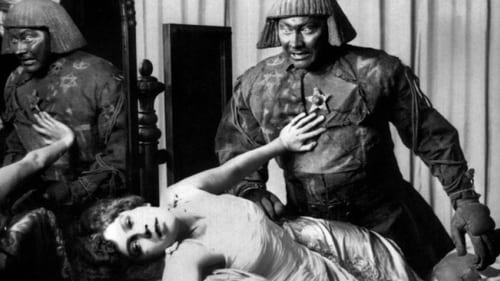
This mostly lost film (please check your attic) is often confused with director Paul Wegener third and readily available interpretation of the legend; Der Golem, wie er in die Welt kam (1920). In this version of the golem legend, the golem, a clay statue brought to life by Rabbi Loew in 16th century Prague to save the Jews from the ongoing brutal persecution by the city's rulers, is found in the rubble of an old synagogue in the 20th century. Brought to life by an antique dealer, the golem is used as a menial servant. Eventually falling in love with the dealer's wife, it goes on a murderous rampage when its love for her goes unanswered.

Marilyn Monroe's final project, "Something's Got to Give", has become one of the most talked about unfinished films in history. The story of the film and Marilyn's last days were seemingly lost… until now. Through interviews, never-before-seen footage and an edited reconstruction of "Something's Got to Give", Marilyn Monroe: The Final Days provides a definitive and fascinating look at the last act in the life of the world's most famous and tragic superstar.
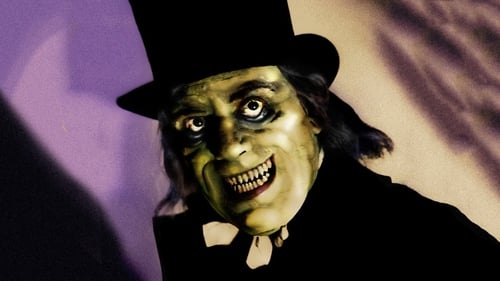
A reconstruction, made from still photographs, of the lost 1927 Tod Browning film London After Midnight (1927) starring Lon Chaney.
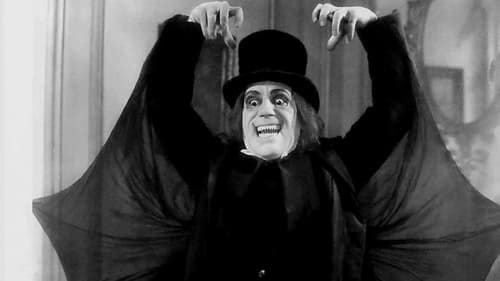
The abandoned Balfour House, which former owner was found dead five years earlier, comes back to life with the arrival of two suspicious sinister-looking tenants. (This movie was lost in 1965 during a fire.)
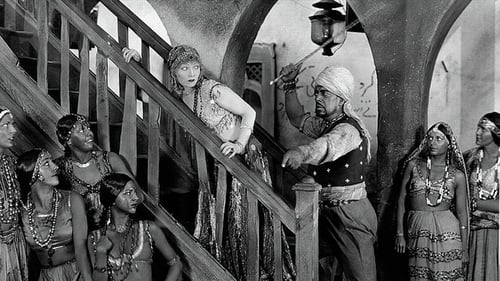
An English explorer disturbed by the practices of an isolated tribe attempts to rescue a native girl he has become fascinated with. THE DEVIL DANCER was highly praised at time of release for its exquisite cinematography, especially in the use of light and shadow. The film received an Academy Award nomination in this category. Sadly, it is among the lost. No prints or negatives are known to survive.
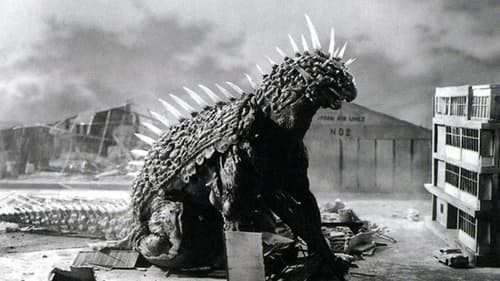
When a rare species of butterfly is found in a mysterious valley in Japan, a pair of entomologists go to investigate and find more. They discover Varan, a giant monster, Who decided to leave the valley and head straight for Tokyo.
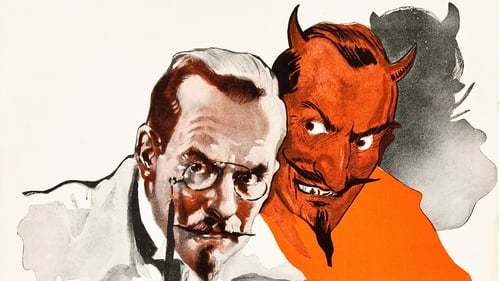
Chaney plays two roles: mad scientist Arthur Lamb and Lamb's "experiment", known only as the Ape Man. This hideous creature was the result of Lamb's attempts to transplant animal glands into human beings.

This film earned an Oscar nomination for Sound Recording. It is the only film nominated in this category that is among the lost. No negative or print material is known to have survived. Contemporary reviews were scathing, describing the film as a vastly overlong and boring talk-fest.

An old Indian legend tells of the supposed ability of persons who have been turned into wolves through magic power to assume human form at will for purposes of vengeance. This film is presumed lost.
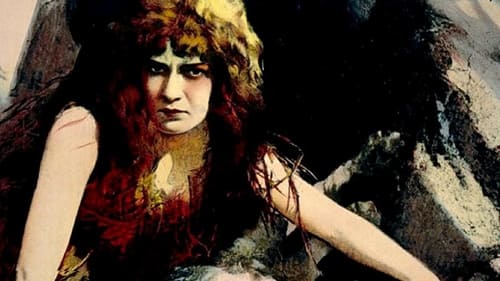
A lost film. A man and a woman are shipwrecked on a desert island. It doesn't take long before they fall in love and, figuring that they would never see civilization again, declare themselves married and eventually have a child. One day, however...

A theatrical troupe from the west end of London loses its leading lady (Rose Trelawny) when she goes off to marry a rich young man from the other side of town (Arthur Gower). The rest of the play deals with the budding romance and trials and tribulations of their love, as well as the changing face of late-19th-century theatre.

This film is a very loose film adaptation of the 1831 novel The Hunchback of Notre-Dame by Victor Hugo and presumed lost: The wealthy girl Esmeralda is kidnapped by gypsies at birth and becomes, as one might assume, the darling of Paris. She is loved by the bell ringer and former hunchback Quasimodo, Frollo, the wicked surgeon who cares him, and an equally wicked Captain Phoebus.















